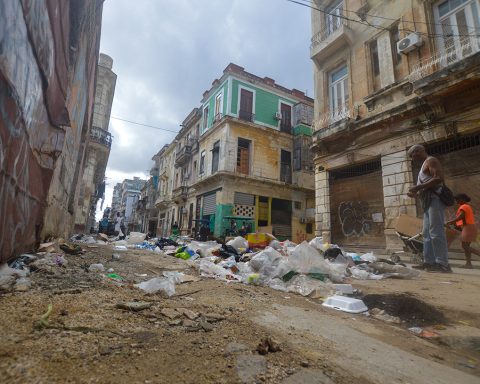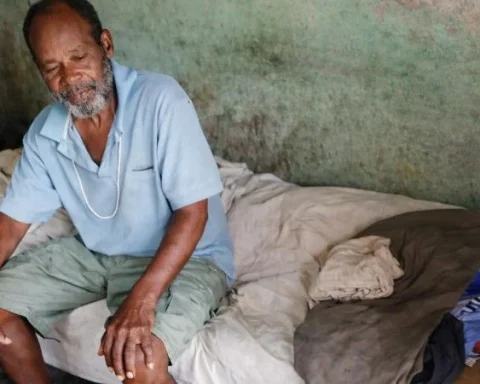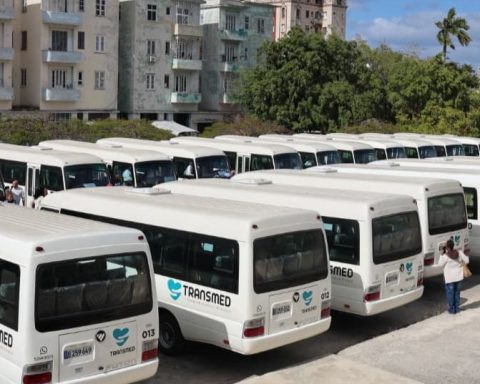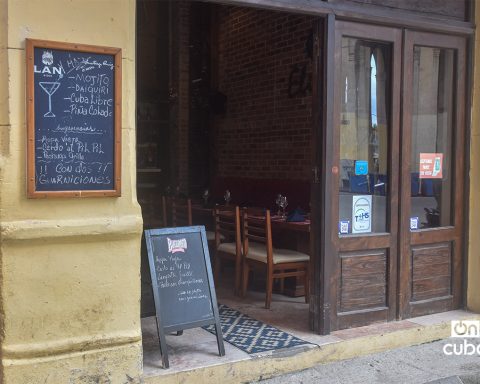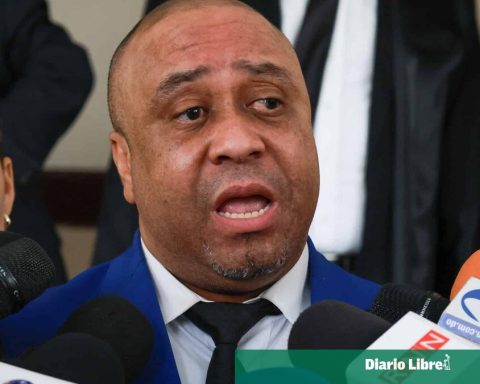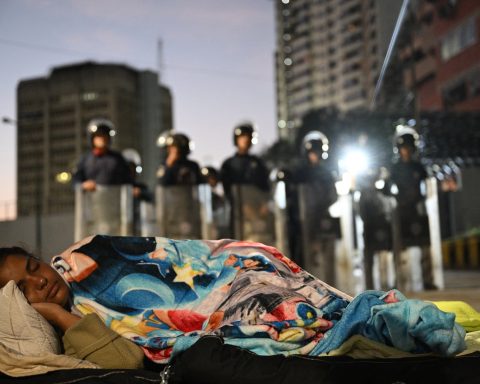The parties involved in the lawsuit against the program parole of the Biden administration, set for the federal court in Victoria, Texas, on June 13, they asked Judge Drew Tripton to postpone the date.
The Government launched this program last January as part of a series of actions aimed at deterring illegal border crossings, one of the most pressing political and security problems of the current time in the United States.
The 21 attorneys general from as many states governed by the Republican Party (the plaintiffs in the case) and the Department of Homeland Security (the defendants) agreed to postpone the start date of the process until August.
This week it was learned that Texas Attorney General Ken Paxton, one of the Republican campaigners against the program, was being subjected to impeachment proceedings. impeachment, the latest in a series of legal troubles that began shortly after he was first elected in 2014.
Challenging the new federal parole program: Judge Drew Tipton (II)
The full House of that state voted to indict him on bribery, agreeing to try him in the Senate later this year to determine his fate. Under state law, Paxton is now temporarily suspended from his duties as attorney general.
The official argued, among other things, that the program parole it “illegally created a de facto pathway to citizenship for hundreds of thousands of foreigners.”
Prosecutors from those red states, including Florida, further allege that the operation of the program is affecting their territories, already saturated in terms of public services.
Among the 20 red states calling for an end to parole They include Florida, Texas, Alabama, Alaska, Arkansas, Idaho, Iowa, Kansas, Kentucky, Louisiana, Mississippi, Missouri, Montana, Nebraska, Ohio, South Carolina, Tennessee, Utah, West Virginia, and Wyoming.
Given the doubts, the news is that the offices of the United States Citizenship and Immigration Services will continue processing the cases of parole. It was recently announced that they are capable of solving 1,000 cases a day, 500 randomly and the other half in chronological order, as the I-134A forms have been filed since January 6.
The program has a limit of 30,000 visas per month for Haitian, Cuban, Nicaraguan and Venezuelan citizens. So far, more than 1.5 million applications have reached the hands of the US authorities.
Around 380,000 Cuban cases are waiting for care, an amount that contrasts with the 29,000 who have already traveled to the United States.
